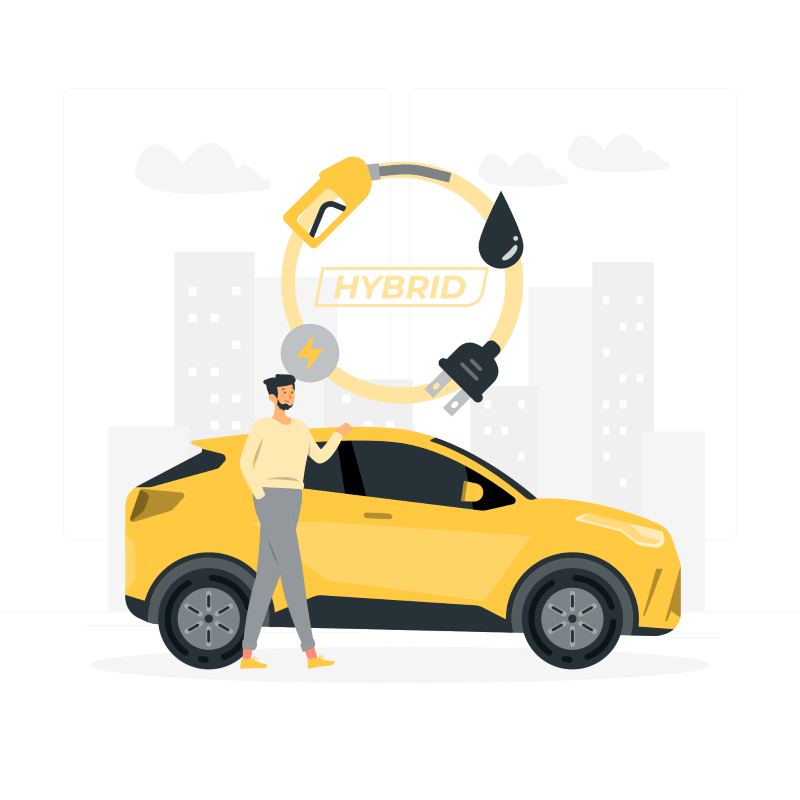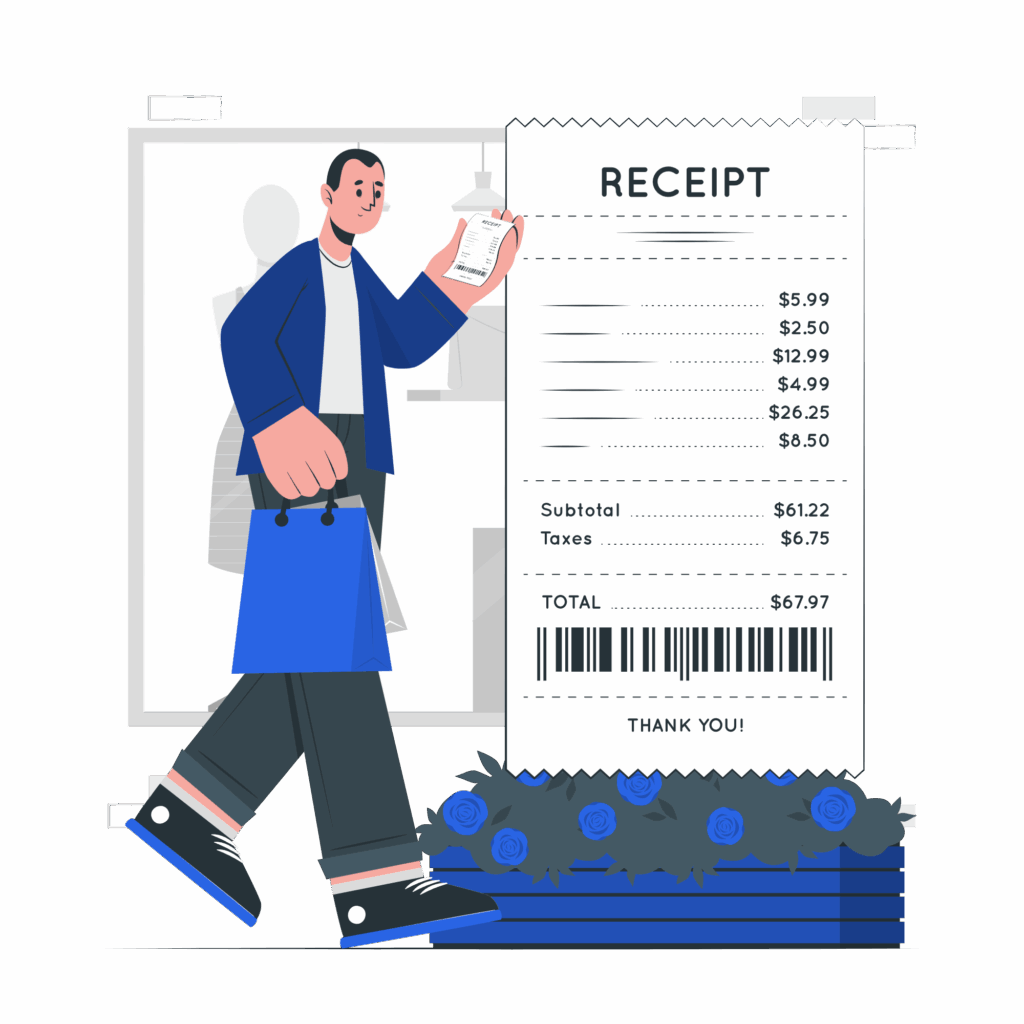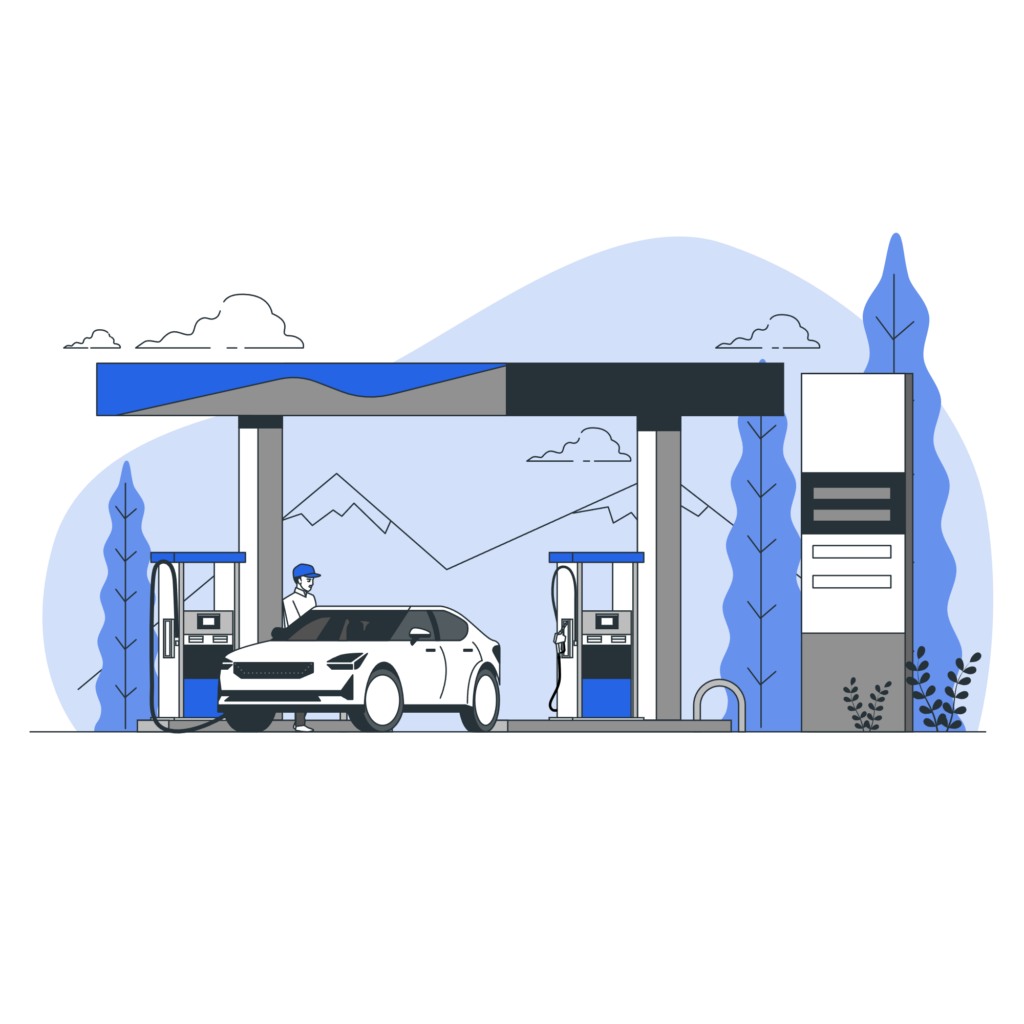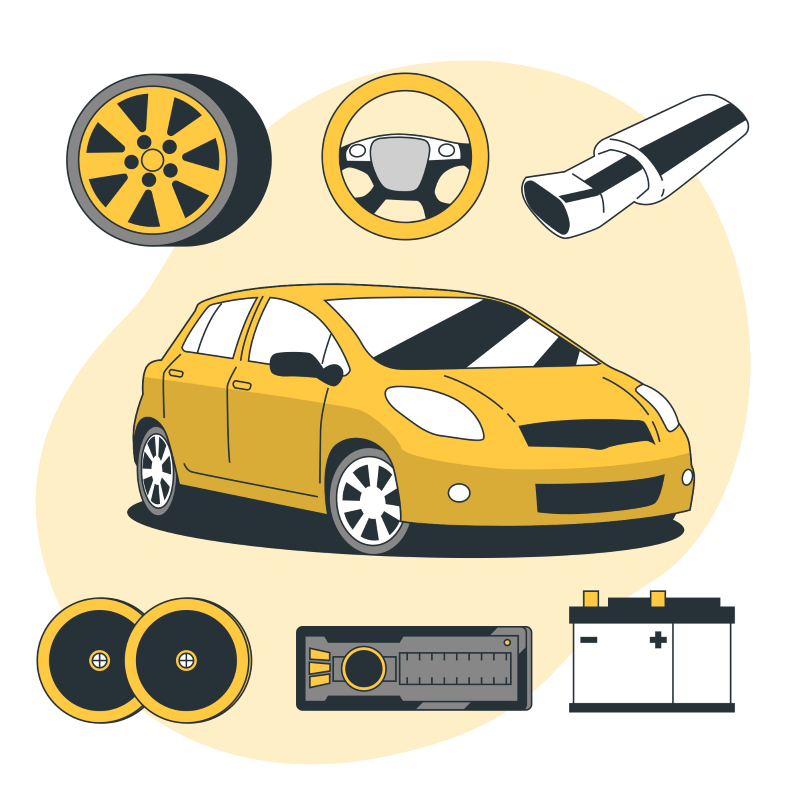For a VTC driver, choosing a vehicle is not just a question of comfort or taste. Above all, it's a question of profitability: how much does the car really cost each month and what return on investment can be expected? There are significant differences between electric, hybrid and petrol vehicles, when the total cost of ownership, taxation and regulatory changes are taken into account.
In a nutshell
VTC drivers rarely change vehicles. So it's best to anticipate future constraints so as not to suffer a loss of profitability. Here are the main points:
- Less than €10,000 budget A reliable second-hand petrol hybrid, such as a Toyota Prius, is still the best choice for getting started.
- Around €20,000 a second-hand electric vehicle if you can recharge at home; otherwise a petrol/ethanol hybrid.
- Over €30,000 A new top-of-the-range electric vehicle (Tesla Model 3, Mercedes EQE) to attract private customers and gain access to better-paid racing.
Total cost of ownership: a complete calculation
Looking at the purchase price alone would be misleading. Visit total cost of ownership (TCO) includes the initial price, energy, maintenance, insurance and the resale of the vehicle.
- Electric A Tesla Model 3 costs around €49,500 new, but only €12 for 400 km of electricity (i.e. €0.03/km). Maintenance is reduced to an absolute minimum and resale value remains high.
- Hybrid For example, a second-hand Toyota Prius costing €7,000 consumes an average of 6 litres/100 km, or around €40 for 400 km on SP95. With ethanol, the fill-up drops to €25-30, but you need to change the oil every 15,000 km (~€150).
- Petrol A classic petrol saloon may seem affordable when you buy it (€8,000 second-hand), but with a fuel consumption of 8 litres/100 km, it costs around €55 to fill up for 400 km, and maintenance is more frequent.
Tax and subsidies: a decisive lever
Taxation is an asset that drivers must exploit intelligently:
- VAT 20 % recoverable from purchase or rental income (depending on tax regime, repayment in 1 to 8 months).
- Direct purchase This allows the vehicle to be depreciated and the interest on the loan to be deducted.
- LOA and LLD no VAT advance and rent deductible each month.
- Ecological bonus up to €3,000 for a new electric vehicle, which can be combined with certain regional grants.
- Malus and taxes Electric cars are exempt from weight-related tax and still benefit from registration advantages, unlike hybrids.
Purchase, LOA or LLD: which formula should you choose?
- Buy This is an ideal way of capitalising on your vehicle, but requires a solid cash position to advance VAT.
- LOA This is a good way to get started without a large deposit, but dangerous for a VTC because of the mileage limits (high return costs: sometimes up to €10,000).
- LLD This is the simplest way of smoothing out your charges and testing an electric vehicle, but without the possibility of resale.
👉 Council Leasing: leasing is a good option for getting started with an electric vehicle without taking too many financial risks.
Electric or hybrid: comparing profitability
Electric: unbeatable costs per km
A full tank of electric petrol costs between €10 and €12 for 400 km (compared with €25 to €55 for a combustion engine). Maintenance is virtually non-existent: some Tesla cars have gone over 500,000 km without changing their brake pads. The downside is insurance, which is on average 20 to 25 % more expensive, and access to a recharging point, which is essential for stress-free working.
For a more detailed analysis of the 2025 context, with the new subsidies and the reduction in the ecological bonus, discover our complete study on the profitability of electric cars for VTCs.
Hybrids: a simple, affordable solution
A Prius or Corolla hybrid offers a good compromise, with low energy costs (especially with ethanol), proven reliability and affordable maintenance. On the other hand, its image remains that of an "application", which may limit its access to high-end private customers. For a driver who wants to move towards premium runs, hybrid is a transitional solution, but not an end in itself.
Anticipating regulatory constraints
The Low Emission Zones (LEZ) are on the increase in France's major cities. In a few years' time, petrol vehicles will be severely restricted, and hybrids will also be subject to restrictions. Betting on electric means not only reducing costs today, but also avoiding bottlenecks tomorrow.
These regulatory changes are part of a wider legal framework that every driver needs to be aware of. You can find full details of the technical and administrative criteria in our article on the legal requirements for becoming a VTC driver in 2025.
Practical advice based on your profile
- Low-budget beginner CH-R or Nissan Leaf to minimise immediate costs.
- Experienced driver for private clients Tesla or electric Mercedes to attract hotels and agencies.
- Intermediate profile Second-hand electric if you can recharge it at home, otherwise petrol/ethanol hybrid.
You can also find our selection in our article on the best vehicles for setting up as a VTC driver.
Conclusion
There is no universal answer: the right choice depends on your budget, your customer base and your working conditions (access to a terminal, mileage, ambitions). But one thing is certain: taking into account the total cost of ownership and anticipating regulations is essential if you want to secure your profitability.
Glossary
Here are some useful terms to know and understand:
- Amortization impairment loss: accounting deduction for the loss in value of an asset (in this case, a vehicle).
- Total cost of ownership (TCO) All the costs associated with a vehicle (purchase, fuel, maintenance, insurance, resale).
- LOA (Lease with Purchase Option) A leasing contract with the option to purchase the vehicle at the end of the lease.
- Long-term leasing Long-term leasing with no purchase option.
- Ecological Malus tax on polluting vehicles.
- Ecological bonus financial assistance for the purchase of an electric vehicle.
- ZFE (Low Emission Zone) Urban areas restricting access to polluting vehicles.
- Ethanol (E85) Alternative fuel, about half the price of conventional petrol.
- VAT (Value Added Tax) 20 % tax on goods and services, recoverable by professionals.














